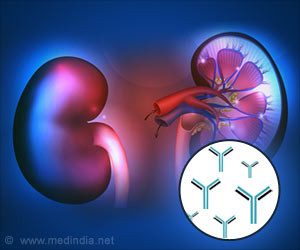Researchers at have revealed that turning off the suppression function of regulatory T cells may lead to a new way to develop more effective tumour vaccines.
Researchers at the University of Southern California (USC) have revealed that turning off the suppression function of regulatory T cells may lead to a new way to develop more effective tumour vaccines.
The researchers have discovered an enzyme called A20 that can prevent over activation of the regulatory T cells thereby stimulating strong immune responses.“Under normal circumstances, regulatory T cells inhibit the immune system to attack its own cells and tissues to prevent autoimmune diseases,” Nature Medicine quoted Dr Si-Yi Chen, professor of immunology and molecular microbiology at the USC/Norris Comprehensive Cancer Centre and the Keck School of Medicine of USC, as saying.
“Cancer cells take advantage of regulatory T cells' suppressor ability, recruiting them to keep the immune system at bay or disabling the immune system’s attack provoked by tumour vaccines.
“Our study provides a new vaccination strategy to overcome the regulatory T cells’ immune suppression while avoiding non-specific overactivation of autoreactive T cells and pathological autoimmune toxicities,” Chen added.
Dendritic cells are the immune cells that trigger immune responses to recognize and wipe out tumour cells.
The study conducted using a mice model showed that A 20 inhibited the transduction of dendritic cells. Consequently, the cells over produced a group of cytokines and co-stimulatory molecules that generated strong immune responses, which cannot be suppressed by regulatory T cells.
Advertisement
The researchers believe that these findings will allow new generation of tumour vaccines to be developed.
Source-ANI
SRM/L







